- Joy Schooler helps in promoting creativity and problem-solving in kids through discovery learning.
- The interactive discussion keeps kids engaged and they learn new things.
- Pre-made questions of various subjects and categories are on the dashboard.
- A microphone facility is available that allows you to speak out loud your questions and listen to them.
- Young children may find learning from Joy Schooler difficult and need some scaffolding.
- Kids may start getting overly reliant on AI technology, which limits their creative thinking.
- The tool doesn't have any advanced features such as integration of visuals in the learning.
- It doesn't have any mobile app.
- STEM Prepare Students for STEM Careers with Industry-Aligned Resources and Internships!
- Toontastic 3D Storytelling Made Fun: Animate Anything with Toontastic 3D in Minutes!
- Wolfram Alpha How Wolfram Alpha Solves Complex Maths Problems with Ease
- Foxar Can Augmented Reality Transform Education? Discover the Magic of Foxar!
- Puzzicle Puzzicle- Build a Lesson with the help of AI
- SciPricSam How To Teach Science through Digital Simulations?
- ABCmous ABCmouse: Nurturing Young Minds Through Playful Learning Experiences
- Almanack Almanack: Effortlessly Create Resources That Meet Every Student’s Needs
- Khan Academy Kids Is Khan Academy Kids Suitable for Your Child?
- Teddy AI Teddy AI: Best AI Study Buddy for Neurodiverse Kids
- Busuu How Can You Learn a New Language with Help from Native Speakers?
- Mystery Science Mystery Science Review 2024: Make Your Elementary Kids Scientists
- Cmaps CMAPS: Transform your Note-Taking for Enhanced Learning
- TeacherMatic TeacherMatic: AI-powered Tools for Educators by Educators – Save Time, Elevate Learning
- CoolMindMaps What are Mind Maps? Free Mind Mapping AI Tool for Students!
- Mindgrasp Mindgrasp: Your AI Knowledge Companion – Learn Faster & Easier with Instant Notes, Summaries & More
- Teachology AI Teachology AI Review: Best AI Lesson Plan Generator
- Nolej Nolej AI Review – Features, Pros, and Cons
- Storybooks Empower Young Readers: Storybooks Makes Reading Fun & Addresses Complex Emotions
- Teachguin AI Assistant, Interactive Whiteboard & More: Teachguin Supercharges Your Online Tutoring
- Socratic Google AI Socratic Google AI Review- Features, Tutorial & More
- Kahoot Kahoot: Where Learning Meets Fun. Play Your Way to Success!
- LitGrades How and When Do Students Use Flashcards?
- FreeSchool Discover FreeSchool: A Safe YouTube Channel for Kids to Explore Art, Music, Literature, and Science
- Brisk Teaching Brisk Teaching- Free Chrome Extension for Teachers
- Babbel The Best Online Approach to Learn German, Spanish, or French
- Furwee Best Free AI Child’s Learning Partner in 2024- Furwee
- Abcya Animate Spark Curiosity & Make Learning Fun: Play ABCya’s Engaging Educational Games
- LearnEnglish Kids Boost Your Child’s English Skills with LearnEnglish Kids: Free Games, Songs, and Stories
- StoryWizard Unlock Student’s English Literacy Skills: Personalized Activities and Self-Directed Learning with StoryWizard
- Class Point How to Effectively Use PowerPoint Presentation Slides in the 21st Century Classroom?
- Reading Eggs Can Playing Games Unlock Reading Skills? Discover the Reading Eggs Magic!
- Mel Science How to Make Science Fun and Engaging for Kids and Teenagers?
- To-Teach Empower Your Teaching with To-Teach: Subject-Specific Tools and Customization
- Nearpod Nearpod: Your All-in-One Classroom Toolkit – Interactive Lessons, Videos, Games, & More
- Consensus Consensus- Popular AI Research and Study Assistant
- Khan Academy How Can Khan Academy Enhance Your Teaching? Discover Personalized Learning Tools!
Table of Contents
Sociologist Mildred Partner Newhall introduces the idea that infants go through six distinct stages of learning from infancy to preschool. These stages are unoccupied play, solitary play, onlooker play, parallel play, associative play, and cooperative play.
There are various learning methodologies and games for kindergarten kids to go through these stages: sensory plays, imaginary plays, and outdoor play. Among these methodologies, the one is discovery learning.
Now, what is discovery learning? Is it associated with discovering new things or concepts? Well, this article is going to surprise you by discussing the real dynamics of discovery learning. Moreover, it discusses a platform, Joy Schooler, that helps in this learning journey.
What is Discovery Learning?
Discovery learning is related to constructivist learning that involves free fall learning. Kids explore the world and acquire knowledge through direct experiences, curiosity, and active participation. They ask creative and curious questions and use hands-on experiments to learn how the world around them works.
An American psychologist and educationist, Jerome Burner, created this constructivist methodology in the 1960s. This methodology is characterized by active participation in the classroom, teachers giving minimal guidance, minor repetition, solving problems with multiple solutions, and the use of hands-on material.
This methodology is famous among kids because it is fun and spontaneous. It doesn't need strict guidance or learning methodology because this learning is flexible and leads them to discoveries. In it, learners only need minor teacher guidance to avoid any misconception and frustration.
Benefits of Discovery Learning
Researchers believe that we remember only 20 percent of what we hear and 10 percent of what we read. That's why, assigning textbook chapters and lecturing on them is not an effective learning methodology. On the other hand, the same researchers prove that in hands-on learning, retention jumps to seventy percent. Students retain the discovered information in which they ask questions and explore the answers on their own by getting their hands dirty for almost 6 weeks.
This learning also promotes self-esteem and reinforces creativity when finding solutions. It encourages kids to do personalized learning and own their learning journey. They could explore things at their own pace and through a convenient method. It gives them the freedom to learn new concepts that make education enjoyable. They can become lifelong learners due to this effective learning method.
How to Integrate Discovery Learning in the School?
There are various methods through which teachers could integrate discovery learning in the classroom.
Visit Places: You could arrange visits to theaters, museums, parks and landmarks. Kids could learn new things through visitation.
Real Life Projects: You should give real-life experiments and projects to students where they have to do hands-on learning. It would help them to explore new concepts and topics. For example, Mel Science kits contain discovery tools that help kids learn STEM concepts.
Telling Stories: You should tell various stories to kids about real people and real events. Story-telling also helps them in exploring concepts.
Question Answers: Interactive discussions among teachers and kids help them ask curious questions and learn about the world around them.
Discovery Area: You could make a discovery area in the classroom where kids could think and explore products on their own. In this area, they could interact with each other, explore new things, and devise new ways to create various products.
Technology Tools: Various tech tools such as discovery toys, software, and products help discover new things. The best example here is the Joy Schooler website.
Introduction to Joy Schooler
Joy Schooler is a website that allows kids to ask various kinds of curious questions and explore the world around them. They could have interactive discussions with Dr. Hoo, an animated owl, that helped them develop creativity and problem-solving skills. The animated creature excites kids and they love to interact with it in a fun way. You could send questions by typing or saying it out loud in the microphone. In response, Dr. Hoo would provide them with a written answer and also speak it out loud.
The software allows you to either insert a curious question that comes to your mind or has pre-set questions to enhance your curiosity. If you select the pre-set question, the animated owl will start the discussion related to it. It would pose various questions toward your side in the interaction so that you could think out of the box and get actively involved in the learning.
The tool contains different questions in various categories. There are Science, History, Maths, Geography and other subjects and different questions under each subject.
How to Use the Joy Schooler Website?
This platform is web-based so you could sign up there on your mobile or desktop. Just go to the website and use your email or Google account to sign up. Once you are in the dashboard, Dr. Hoo will greet you. The greeting message with your name will be on the screen. Now, you could start a new chat with a unique question in your mind. Just type the question or speak it out loud in the microphone and the platform will initiate the conversation.
The second method is to explore the pre-made questions present in the dashboard. You could click on any subject category, such as Science, and various questions related to it would be in front of you. You could click on any.
Suppose you ask the question, “What makes the Earth spin”? Dr. Hoo will instantly praise you for such an amazing question and could ask you to think about any product you know that spins, for example, toy tops. When you tell it any spinning product name, it will explain the concept based on that product. This conversation method could help you in learning things easily.
The tool also has the option of adding math equations. It has a math icon in the typing message box. Once you click on that icon, it allows you to add the equation and helps you understand and solve it.
Pricing Plans of Joy Schooler
It has a free version that allows you to do a few interactions with Dr. Hoo after signing up. You don't even need to add your credit card details to use this tool. But, it is available for a limited time only.
Except for the free version, there are premium plans too. The first plan is Individual, which is for 7.99 dollars per month. It allows unlimited conversations. But, if you are a teacher or school district owner, you could contact the team to get a customized pricing plan. It allows you unlimited conversations, posing questions to individual students and tracking their progress.
Conclusion
To conclude this whole conversation, we could say Joy Schooler is an amazing platform for discovery learning. It allows interactive questions so that you can think out of the box and enhance your curiosity. These detailed question-and-answer sessions allow you to better retain the information, personalize the learning, and enjoy the whole process of acquiring the knowledge. This website has a free version, so everyone can easily indulge in discovery learning.







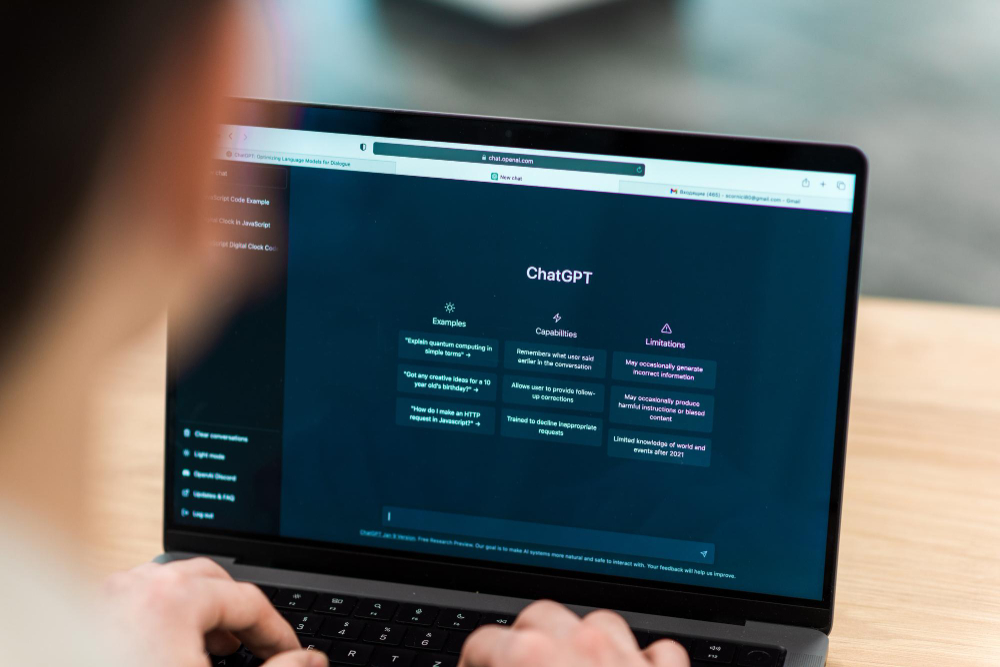






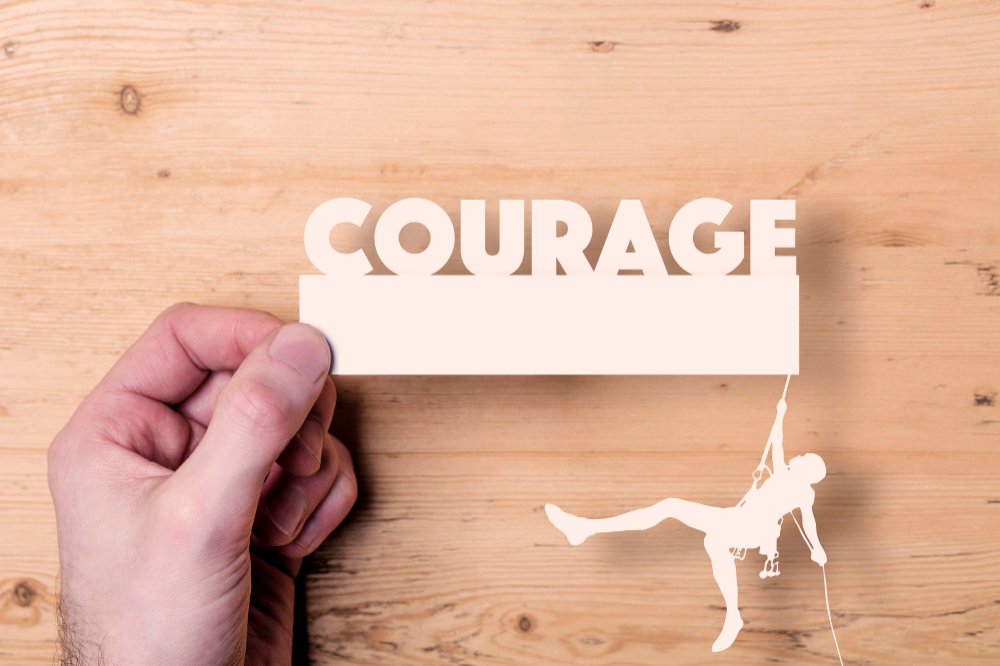


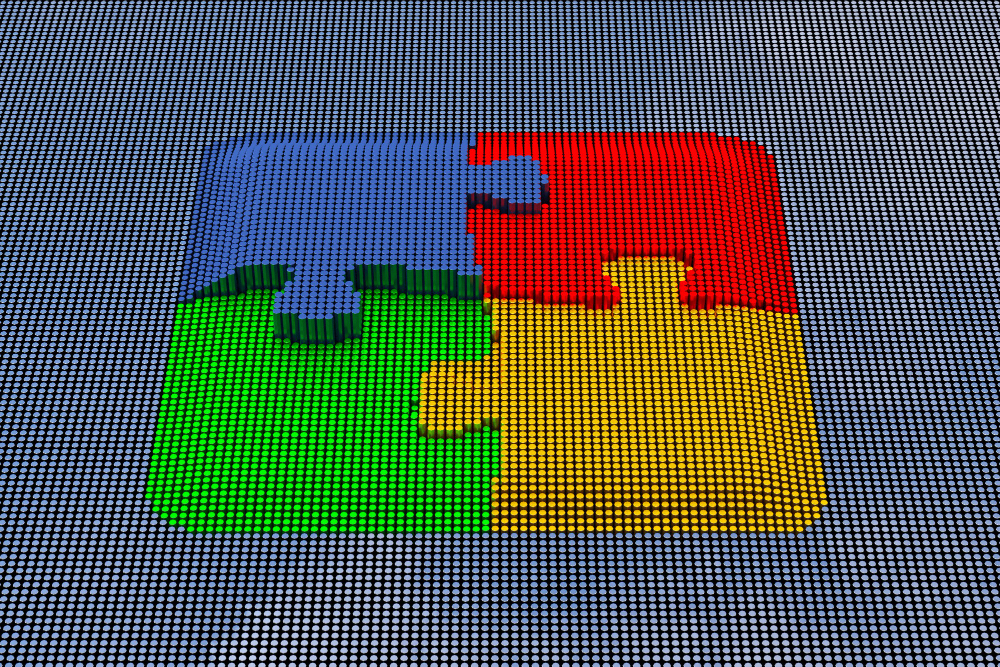







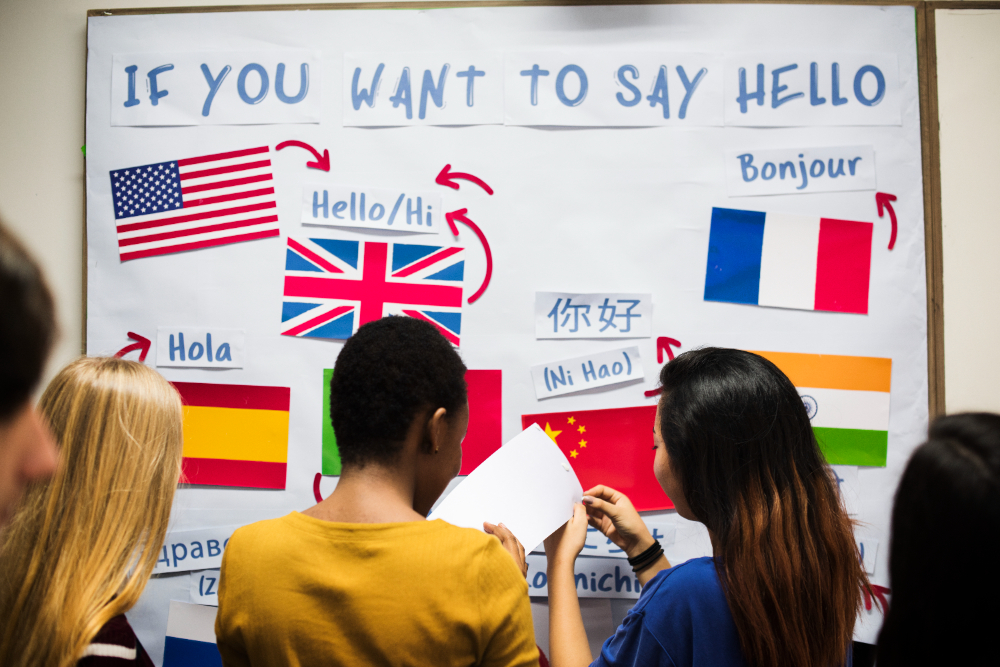

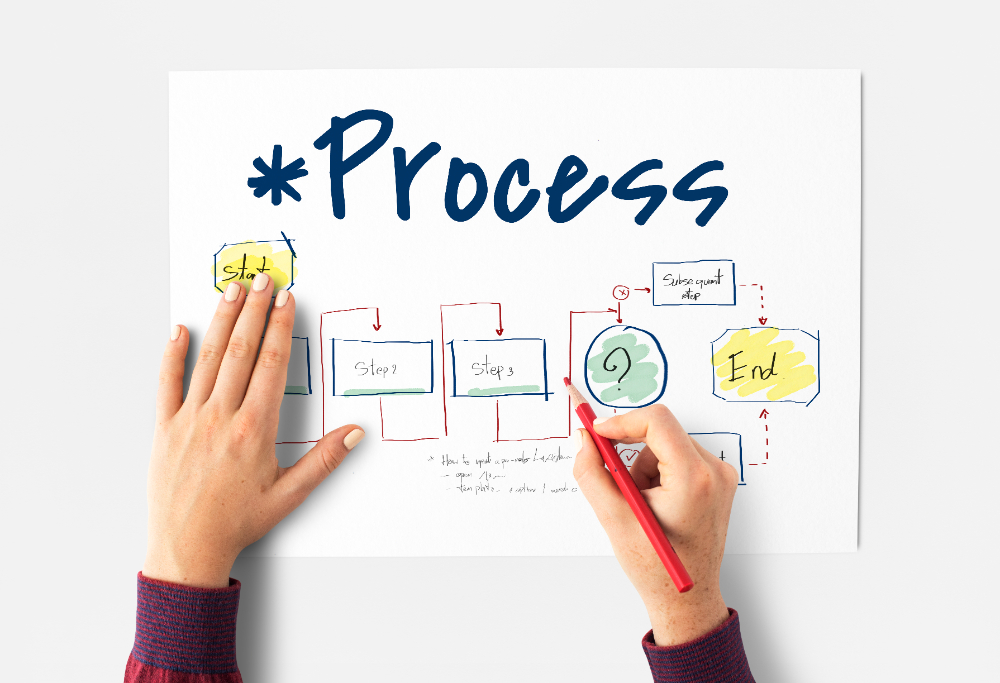



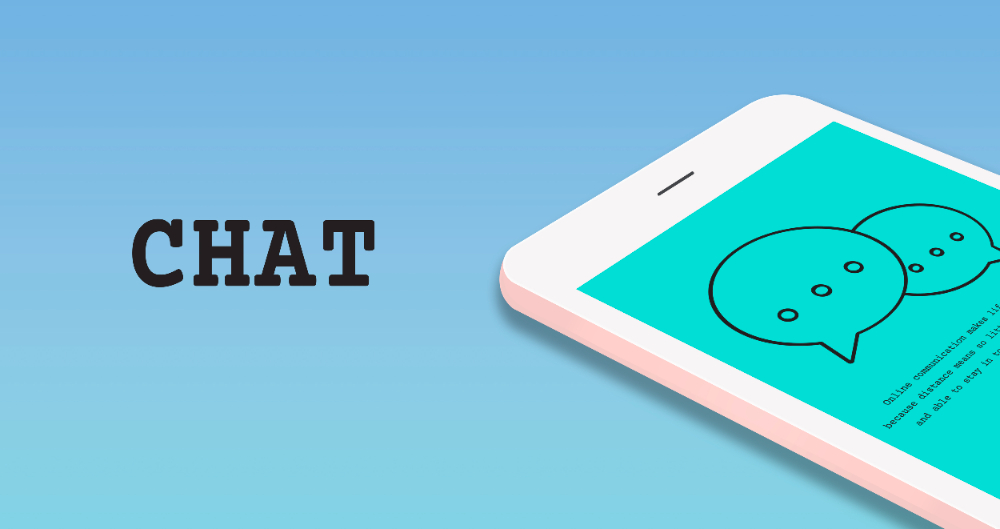

Comments are closed.